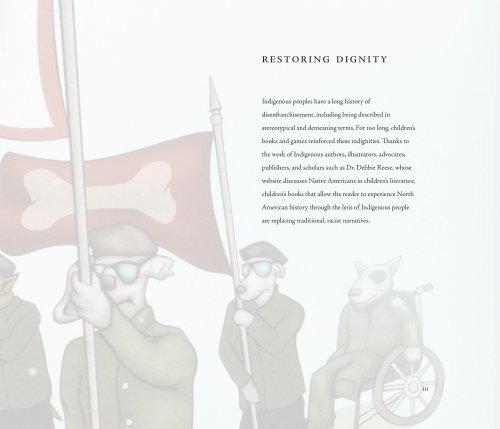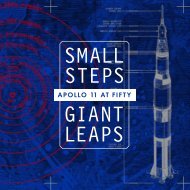Animals Are Us: Anthropomorphism in Children’s Literature; Celebrating the Peter J. Solomon Collection
Why do we tell stories to children through and about animals? Are there reasons why we shouldn’t? Animals Are Us invites explores these questions and more through influential historic examples of anthropomorphism in dialogue with contemporary books drawn from the collection of Peter J. Solomon (Harvard College Class of 1960, MBA 1963) and the holdings of Houghton Library. The exhibition invites you to engage critically with animal anthropomorphism, and delight in the artfulness of this enduring literary genre. Catalog of an exhibition on view at Houghton Library, Harvard University, September 1, 2021 - January 7, 2022.
Why do we tell stories to children through and about animals? Are there reasons why we shouldn’t? Animals Are Us invites explores these questions and more through influential historic examples of anthropomorphism in dialogue with contemporary books drawn from the collection of Peter J. Solomon (Harvard College Class of 1960, MBA 1963) and the holdings of Houghton Library. The exhibition invites you to engage critically with animal anthropomorphism, and delight in the artfulness of this enduring literary genre.
Catalog of an exhibition on view at Houghton Library, Harvard University, September 1, 2021 - January 7, 2022.
You also want an ePaper? Increase the reach of your titles
YUMPU automatically turns print PDFs into web optimized ePapers that Google loves.
RESTORING DIGNITY<br />
Indigenous peoples have a long history of<br />
disenfranchisement, <strong>in</strong>clud<strong>in</strong>g be<strong>in</strong>g described <strong>in</strong><br />
stereotypical and demean<strong>in</strong>g terms. For too long, children’s<br />
books and games re<strong>in</strong>forced <strong>the</strong>se <strong>in</strong>dignities. Thanks to<br />
<strong>the</strong> work of Indigenous authors, illustrators, advocates,<br />
publishers, and scholars such as Dr. Debbie Reese, whose<br />
website discusses Native Americans <strong>in</strong> children’s literature,<br />
children’s books that allow <strong>the</strong> reader to experience North<br />
American history through <strong>the</strong> lens of Indigenous people<br />
are replac<strong>in</strong>g traditional, racist narratives.<br />
111



